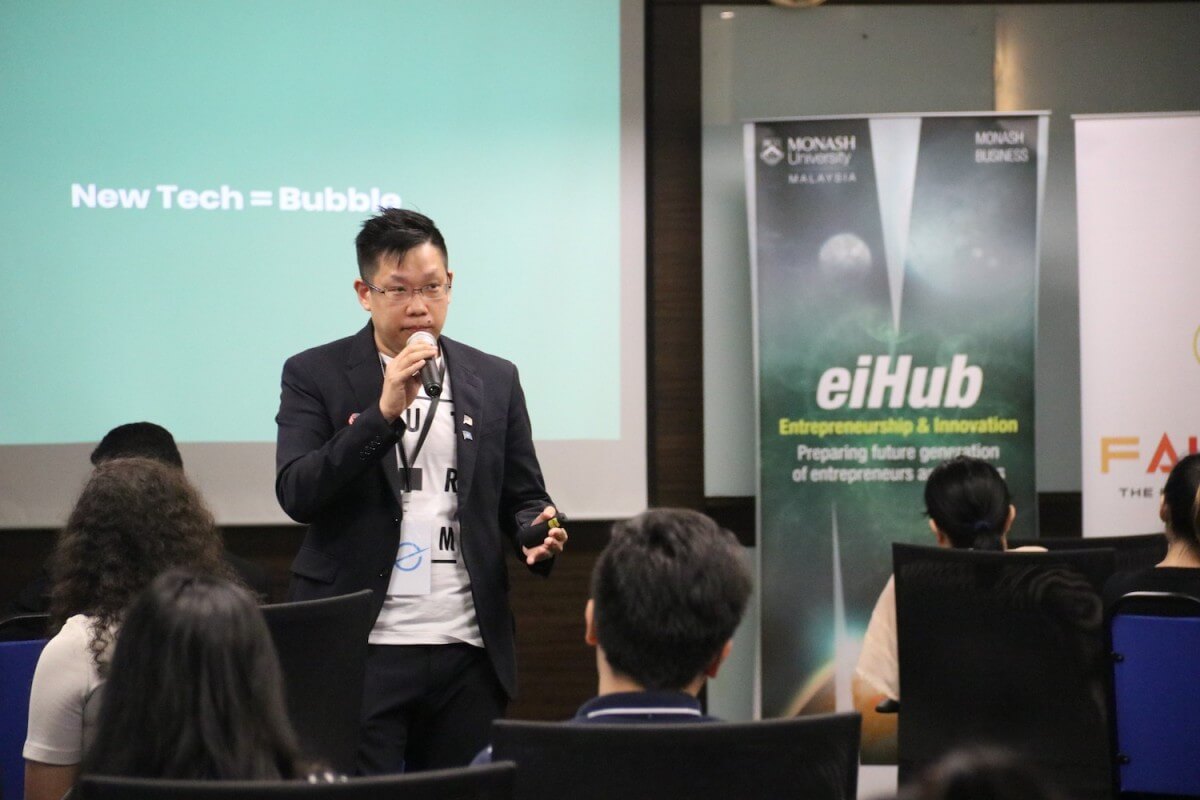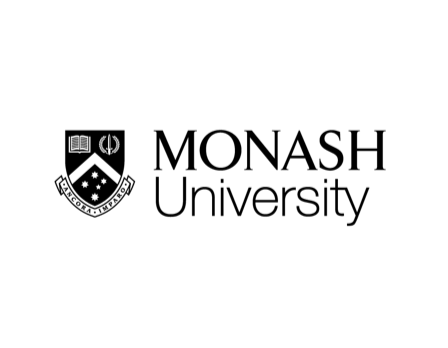The world is getting smaller and nowhere is this more true than in Monash University Malaysia’s School of Business (Monash Business).
From Kenya to South Korea, talented students and academics from all over the world converge in a campus located in the Southeast Asian country’s capital. Sharing ideas, dreams and stories, people of all stripes and colours make this a truly diverse and international campus.
For business students, the benefits are several times more. The ability to build relationships and network is crucial for their future careers – Monash Business is the prime place for this. By working and living together, it’s a learning environment that lets them sharpen their cultural intelligence meaningfully and naturally.
Take senior lecturer Dr Manjit Singh Sandhu’s Master of International Business class as an example. With more than half the class hailing from international backgrounds, it can seem like a mini United Nations at first glance. In a labour market in peak globalisation mode, an environment like Monash Business prepares students for success.

Dr Manjit Singh Sandhu
“The majority of students want to work for multinational companies. Having cross-cultural competency will truly benefit them,” said Dr Manjit, from the Department of Management.
The importance of cross-cultural competence in business shouldn’t be underestimated. Defined as “a measure of a person’s capacity to function effectively in a multicultural environment,” it’s a trait companies increasingly require as their workforce becomes more globalised. According to LinkedIn, nine in ten employers say having CQ in their skills base is key to improving the bottom line. For social scientist and author of The Cultural Intelligence Difference, David Livermore, it could be the number one predictor of success in the modern workplace.
Not one to ignore industry trends, Monash Business regularly creates out-of-classroom initiatives to refine work-ready graduates. To supplement the theories learnt in class, Dr Manjit takes his students on an international study tour each year. Spanning two countries and three cities, Monash Business students have had the chance to see how business works in real-world settings in developing and developed economies such as China, Vietnam, South Korea, the Philippines and Japan.
It’s an invaluable 14 days for the students, giving them a chance to visit between 10 to 14 companies and organisations. Notable business participants since the tour’s launch in 2013 include the Asian Development Bank in the Philippines, Ogilvy and Mastercard in China, Lego in South Korea, Japan Railways in Japan and Siemens in Vietnam.
At each company, students rub shoulders and receive insights from senior managers working in different parts of the globe. It’s crucial students understand the unique local contexts each of these firms work in. No matter how big they are internationally, knowing the local lingo and business practices can make or break one’s business foray. Through this study tour, “students are exposed to real world companies in the manufacturing and services industries, including retail and business,” Dr Manjit explained.
“The study tour is an eye-opener and exposes students to the culture and norms of different ethnic groups…Asia is a high-context culture where the focus is on relationships. Through this study tour, they can gain knowledge of this first-hand,” he said.
Providing solutions for the world
A generation ago, businesses could focus solely on making profits, but those days are long gone. From e-hailing to home sharing and social media, entrepreneurs are upending business as usual. But tech savviness and entrepreneurship alone aren’t the only new business necessities. Increasingly, consumers are demanding that products and services contribute to social causes too.
The Entrepreneurship and Innovation Hub (eiHub) exists on the back of this changing landscape. Physically, it provides a space for students to bounce start-up ideas with alumni and staff, or test prototypes with their 3D printer and provide a co-working space for fresh graduates to kickstart their new business ventures. Whether you’re studying business or medicine or are a student or young alumni, the eiHub is open to all.

Students attend a 3D printing workshop
The message the space aims to give to students is: “You can be an entrepreneur whoever you are,” said Elaine Yap, manager of eiHub.
But the eiHub is more than just a physical space.
As an advanced signatory member of the Principles for Responsible Management Education (PRME), Monash Business is closely committed to the United Nations’ Sustainable Development Goals.
A drive to nurture and inspire students to “provide solutions to society,” is the reason behind eiHub’s many social entrepreneurship initiatives. Yap explains that they employ a three-pronged strategy for this. Firstly, they educate students on the power of social enterprises through the Speaker Series, inviting exemplary figures to speak and advise students. The Research arm is where they conduct workshops and work with industry to produce lasting solutions. Finally, they promote external engagement with local communities such as conducting a Start-up Weekend and Teenpreneurs, where local high schoolers get to join.
The programmes have been so popular that lecturers are slowly integrating some of them into their modules. The Speaker Series, for example, is now part of a Master of International Business module. Industry heavyweights lend their experiences to a diverse cohort of students, further supplementing their cross-cultural competency in a more specialised manner.
Yap remembers how an alumni working on his renewable energy project inspired a student to want to replicate the same in her home country Bangladesh. One speaker motivated another student to restart her failed business ideas.
Yap said: “Social enterprises do have their challenges. But our message to students is that it would not only be good for them to have their own businesses or be entrepreneurs, but to be able to contribute to society as well.”
Follow Monash Malaysia Business in Facebook, Twitter, YouTube, Baidu, Instagram and LinkedIn











